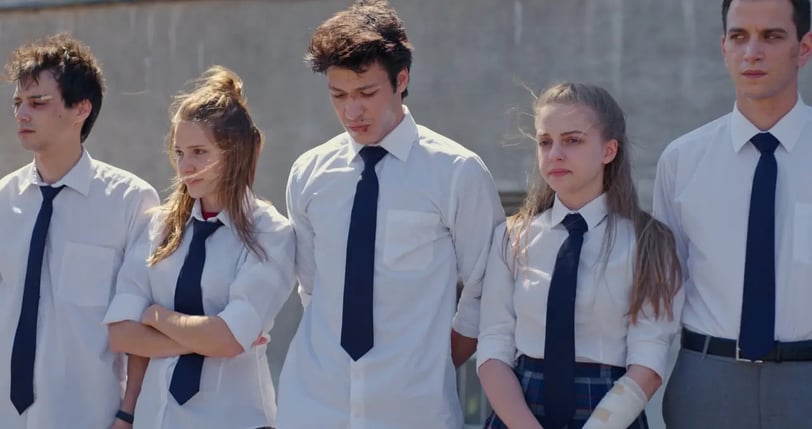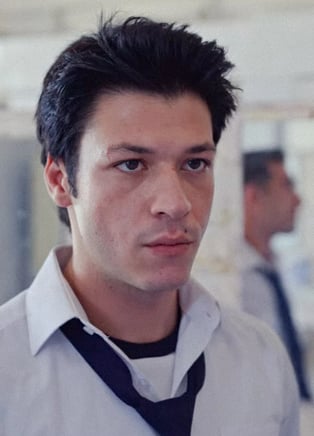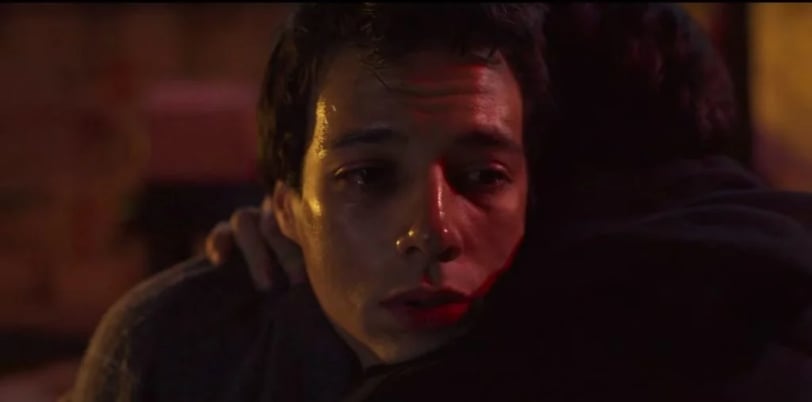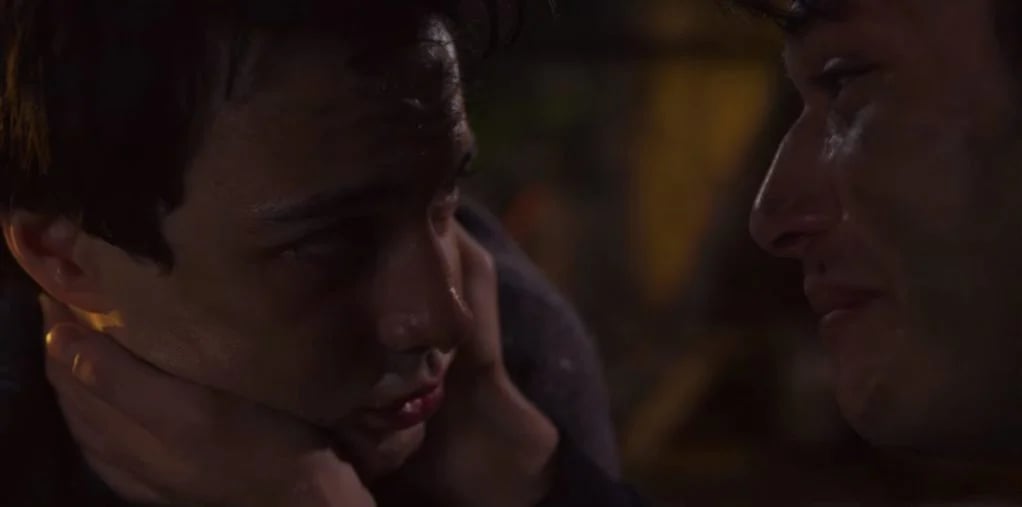Love 101
In this Turkish comedy–drama, five teenagers (four facing expulsion) try to find a reason for their favorite teacher to stay. What begins as a matchmaking quest for this teacher ends in a heartwarming discovery of found family.
11/7/20235 min read


featured image from https://www.imdb.com/title/tt10516352/ | above image from https://decider.com/2020/04/24/love-101-netflix-stream-it-or-skip-it/
CW: teenage drinking and profanity, sexuality (including a scene where a minor and her teacher kiss), toxic home environments, neglect, attempted suicide
Double CW: This post will mention and discuss suicide. If you or a friend is struggling with depression/suicidal thoughts, please contact Suicide and Crisis Lifeline 988.
Content Warning (for show and post)
Introduction
In general, the premise of Love 101 asks viewers to suspend a lot of disbelief. Their teachers vote unanimously when they need to expel a student, and all of the teachers, except one, vote to expel four students: Eda, Kerem, Sinan and Osman. The teachers complain the students make their life a living hell.
From the first time we meet these students, we learn that while they are troublemakers, they are also troubled and sometimes need someone to intervene for them. We first meet Eda, who a teacher calls "a devil", making out with a teacher, who is of course fired for making sexual advances towards a minor. Sinan is first shown waking up on a bench and then going to class. We find out later in the show that he is not homeless but suffering from severe parental neglect – his parents literally abandon their teenage son, leaving him by himself in the house while they themselves live elsewhere. Kerem, an aggressive student prone to fights, has an unhealthy relationship with his father who mistreats him. And finally, rational, business-minded Osman frequently gambles. We don't learn much about his home life in early episodes. All of these troubled teens have no future according to their teachers – all except for the lovely Miss Burcu. With Isik, the seemingly perfect and innocent student representative, the five teens become a family.
For the purpose of this post, I'll just focus on Sinan and Kerem's relationship. While the two started off as bickering enemies, by the second to last episode of the show they are explicit family – brothers, as Kerem calls it. Clear connections are drawn in this comedy-drama between neglect, depression, and the importance of community bonds like family.


Kerem
Image from https://love101.fandom.com/wiki/Kerem
Brotherhood
Even if not explicitly mentioned, it's clear Sinan suffers from some kind of depression. He seems frequently gaunt and tired and deliberately creates distance between himself and those trying to be his friend (especially Isik in early episodes). His home life is quite frankly, appalling. His parents are neither emotionally nor even physically there for him. The only time they enter the house is to get things to move to their respective new homes, to provide for their respective new families. The only other person living with him for most of the show was his grandfather and dog, but his grandfather eventually dies and his dog eventually becomes terminally ill.
Throughout all of this, he forms connections not only with his friends, Kerem, Osman and Eda, but a romantic relationship with Isik. When she is suspended by their principal for helping them in their schemes, he begins to feel guilt and hopelessness too. The compounding crises of his (implied or explicit) depression, grief, neglect and guilt drive him into a drunken stupor, where he accidentally drops a lighter in his house and sets it ablaze while he's inside.


I'm not entirely sure how Kerem finds Sinan, but when he smells smoke he rescues him from his burning house. When Sinan wakes, he tells Kerem to go, saying he doesn't want him here. Kerem stubbornly refuses and tells Sinan to explain what he was doing in that fire. It's clear that even after two seasons of the show establishing friendly, even familial bonds between the five students, Sinan does not fully believe that the others care for him. When he tells Kerem he "just wanted it to be over", he also asks "why did you save me?" And Kerem, getting more visibly anxious and agitated by the second, asks Sinan to explain what "be over" meant, ignoring his question entirely.
In that scene, Kerem doesn't even address Sinan's question of why he saved him. It's clear that this isn't even a thought on his mind. The usually aggressive, hyper-masculine, "jock stereotype" of a character is moved to tears by Sinan's confession that he's suicidal; he holds his face and makes him look at him. He makes sure Sinan is paying attention when he calls him brother and says he can't bring back what he's lost – the only thing he can promise is that he will be Sinan's family. He says he'd fix the whole world so Isik's don't lose while Necdet's (their principal) win, just so Sinan doesn't die. That's the last thing said between the two of them before they both start sobbing and embrace.


Kerem tells Sinan he will be his family: S2E7
Found Family, Visible Vulnerability
No representation is perfect, but Love 101 did some things right. Despite the fact that Sinan falls in love and finds friends, neither one of these things "cures" his depression. However, they are clearly invaluable connections for a boy traumatized by neglect. Meaningful relationships and communities cannot fix mental health, but healthy support systems are necessary for healing.
Additionally, the show not only portrayed male vulnerability and mental health struggles, but intimacy in a way I haven't often seen before. The show portrayed this without relying solely on crying alone to convey vulnerability. One way they portrayed this was Kerem's obvious anxiety and panic over his friend's mental health; another is the intimacy of the scene where Kerem holds his face or when they embrace and cry. It's one thing to portray vulnerability through depicting male characters crying – but it's another thing entirely to portray platonic physical and emotional intimacy in male relationships.
They share a private, intimate and vulnerable moment, one which the show doesn't try to portray as anything but a private, intimate and vulnerable moment between two friends – perhaps they're close enough to even be called two brothers. In the show, this type of vulnerability is not only normalized in male relationships but may be necessary to begin healing.


Image from https://www.imdb.com/title/tt15053084/
Contacts
manduta@ad.unc.edu
